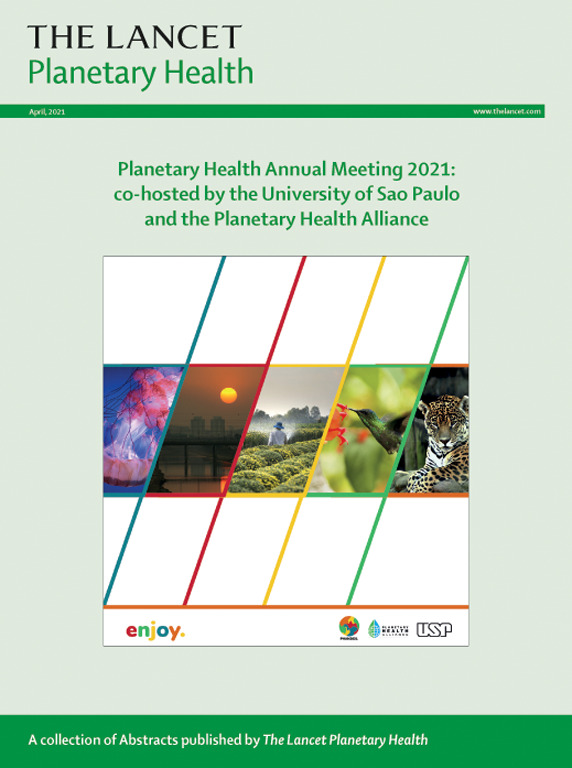Promoting health through climate change mitigation in Europe
IF 21.6
1区 医学
Q1 ENVIRONMENTAL SCIENCES
引用次数: 0
Abstract
Several EU climate change mitigation policies have the potential to deliver health co-benefits. However, existing frameworks guiding research in this area lack important details that are needed to understand how evidence of health co-benefits can be used to support the ambition and acceptability of EU climate policy. In this Personal View, we propose an integrated framework for advancing the state-of-the-science on health co-benefits of climate change mitigation and realising the societal effect of evidence documenting co-benefits. We apply this framework to the EU context. Our framework spans multiple economic sectors—including land use, land-use change, and forestry and health systems—and provides details on the different types of mitigation actions, levers of change, and societal actors with the agency to implement specific mitigation actions. This framework aims to inform future research on the magnitude of health co-benefits of climate change mitigation, and provide strategies to communicate health co-benefits to support increases in mitigation ambition and societal acceptance of mitigation actions.
在欧洲通过减缓气候变化促进健康
欧盟的若干减缓气候变化政策有可能带来健康方面的共同效益。然而,指导这一领域研究的现有框架缺乏了解如何利用健康共同利益的证据来支持欧盟气候政策的雄心和可接受性所需的重要细节。在本个人观点中,我们提出了一个综合框架,以推进关于减缓气候变化对健康的共同利益的最新科学研究,并实现记录共同利益的证据的社会影响。我们将这一框架应用于欧盟。我们的框架涵盖多个经济部门,包括土地利用、土地利用变化、林业和卫生系统,并详细介绍了不同类型的缓解行动、变化的杠杆以及与机构一起实施具体缓解行动的社会行动者。该框架旨在为今后关于减缓气候变化的健康共同惠益规模的研究提供信息,并提供宣传健康共同惠益的战略,以支持提高减缓目标和社会对减缓行动的接受程度。
本文章由计算机程序翻译,如有差异,请以英文原文为准。
求助全文
约1分钟内获得全文
求助全文
来源期刊

Lancet Planetary Health
Multiple-
CiteScore
28.40
自引率
2.30%
发文量
272
审稿时长
8 weeks
期刊介绍:
The Lancet Planetary Health is a gold Open Access journal dedicated to investigating and addressing the multifaceted determinants of healthy human civilizations and their impact on natural systems. Positioned as a key player in sustainable development, the journal covers a broad, interdisciplinary scope, encompassing areas such as poverty, nutrition, gender equity, water and sanitation, energy, economic growth, industrialization, inequality, urbanization, human consumption and production, climate change, ocean health, land use, peace, and justice.
With a commitment to publishing high-quality research, comment, and correspondence, it aims to be the leading journal for sustainable development in the face of unprecedented dangers and threats.
 求助内容:
求助内容: 应助结果提醒方式:
应助结果提醒方式:


